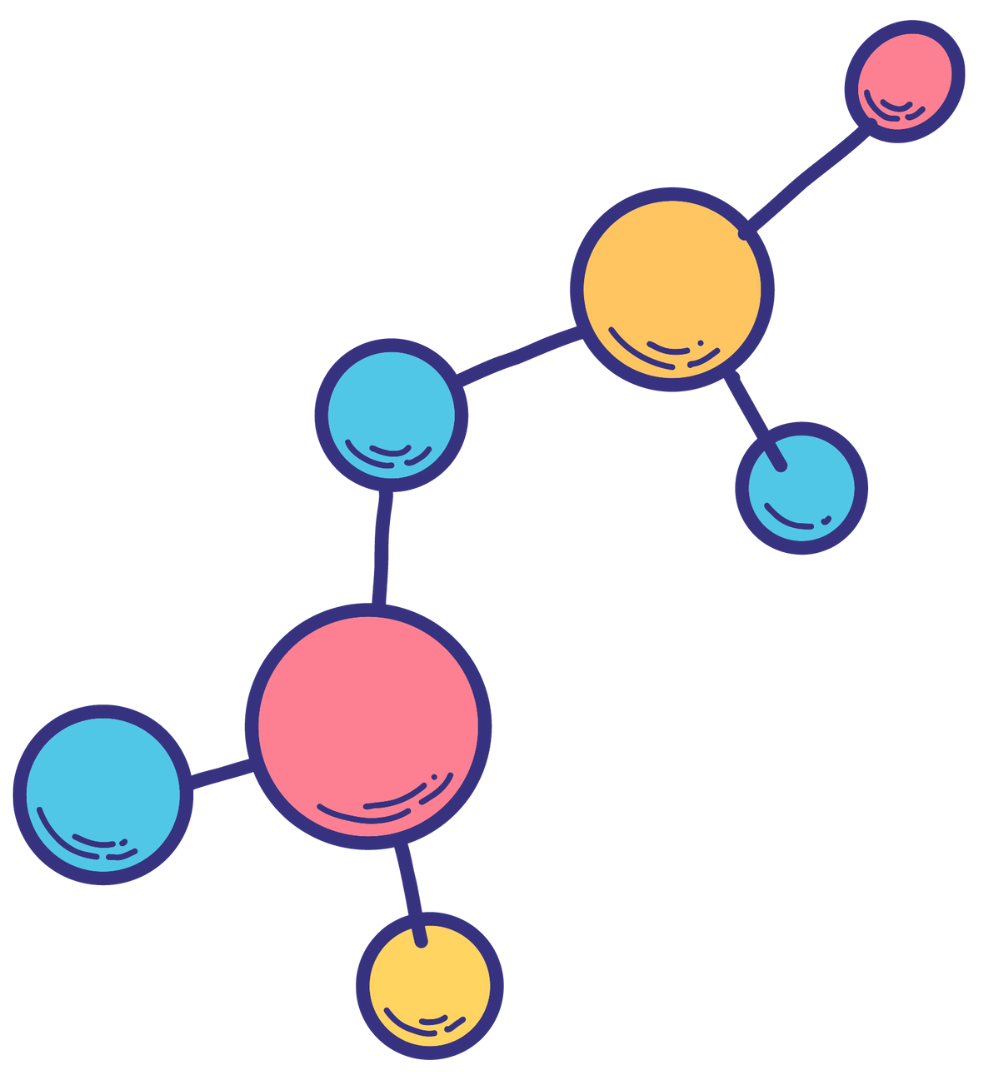What Can you do with a Masters in Public Health?

The brutal truth about graduate degrees? Some are expensive wall decorations that vaguely impress your relatives. A Masters in Public Health, however, is one of the rare advanced degrees that actually opens doors.
Whether you’re contemplating this degree or already sweating through biostatistics homework, let’s explore what that MPH can really do for your career, paycheck, and impact on the world.

Healthcare careers that actually pay the bills
The healthcare industry loves MPH graduates, offering roles that combine meaningful work with salaries that won’t leave you living on ramen:
Epidemiologist – The disease detectives who became household names during COVID. You’ll track outbreaks, analyze patterns, and develop prevention strategies. With a median salary of $74,560, you’ll be comfortably middle class while potentially saving thousands of lives.
Health Services Manager – For those who want to fix healthcare from the inside, these roles involve overseeing healthcare facilities or departments. The impressive median salary of $104,280 reflects the complexity of managing healthcare systems in the 21st century.
Biostatistician – If you enjoy crunching numbers that matter, this role analyzes health data to identify trends and evaluate interventions. Your statistical wizardry commands a median salary of $92,270, proving that math skills plus public health knowledge equals an excellent paycheck.
Health Education Specialist – Develop programs that help communities understand and address health challenges. While the median salary is lower at $56,500, many find the direct community impact extremely rewarding.
Government and policy: Shaping the system itself

For those who want to change the rules, not just play by them:
Public Health Policy Analyst – Evaluate existing health policies and develop new ones based on evidence. Your work might shape everything from smoking regulations to health insurance coverage requirements.
Environmental Health Specialist – Protect communities from environmental threats by assessing risks and enforcing regulations. From addressing water contamination to reducing air pollution, your work connects environmental and human health.
Emergency Preparedness Coordinator – Plan for the worst so communities can respond effectively to disasters and disease outbreaks. COVID-19 showed just how critical this work is.
Non-profits and NGOs: Where purpose meets profession
If making a difference is your primary motivation:
Program Director – Lead initiatives addressing specific health issues like HIV prevention, maternal health, or food security. You’ll oversee entire programs, managing staff, budgets, and evaluation efforts.
Global Health Specialist – Take your expertise international, addressing health challenges in developing countries. Organizations like WHO, UNICEF, and countless NGOs need MPH graduates to design and implement effective programs.
Research Coordinator – Manage studies that generate new knowledge about public health issues. You’ll ensure research is conducted ethically and efficiently while helping translate findings into practice.
Corporate opportunities: Better benefits and bigger budgets

Contrary to what some purists believe, the private sector offers legitimate ways to improve public health:
Corporate Wellness Director – Design programs that keep employees healthy and productive, potentially reaching thousands of people through a single employer. With companies increasingly focused on controlling healthcare costs, these roles offer both impact and excellent compensation.
Pharmaceutical Project Manager – Guide the development of treatments and vaccines through clinical trials and regulatory approval. Your public health perspective helps ensure these products truly meet population health needs.
Health Technology Consultant – Shape digital health solutions that scale healthcare access and quality. From telehealth platforms to health apps, technology is transforming healthcare delivery.
Academia and research: Generating knowledge
For those who love discovery and teaching:
University Professor – Teach the next generation of public health professionals while conducting your own research. Academic positions typically require an MPH plus additional expertise or a doctorate.
Research Scientist – Lead studies that advance public health knowledge, publishing findings that influence practice and policy. Research positions exist in universities, government agencies, and research institutes.
Emerging hotspots in public health careers
The field keeps evolving, creating exciting new opportunities:
Health Data Scientist – Apply advanced analytics and machine learning to public health challenges. With the explosion of health data, these specialists can identify patterns and solutions invisible to the naked eye.
Health Equity Specialist – Focus specifically on reducing health disparities, ensuring that all communities have fair opportunities for health. This growing area acknowledges that health is influenced by social and economic factors.
Climate Change and Health Specialist – Address the health impacts of our changing climate, from extreme heat to shifting disease patterns. This emerging field combines environmental science with public health approaches.
The salary reality check
While passion drives many public health professionals, the financial picture matters too. Here’s what to expect:
- Entry-level MPH roles: Generally $55,000-$75,000
- Mid-career positions: $75,000-$100,000
- Senior or specialized roles: $100,000-$150,000+
Location dramatically affects these figures – the same position might pay 30-40% more in San Francisco than in rural areas (though cost of living differs too).
Sector also matters: government jobs often offer outstanding benefits and stability but lower salaries than private sector positions. Non-profits typically pay less than both, though some international organizations offer surprisingly competitive packages.
What your MPH needs to include
Not all MPH programs deliver equal value. Ensure yours includes:
Solid quantitative training – Data analysis skills are non-negotiable in today’s public health landscape.
Project management experience – Look for programs with capstone projects or field placements.
Exposure to diverse perspectives – Public health requires cultural competence and understanding of health equity issues.
Networking opportunities – Connections matter enormously in job placement.
The bottom line: Is an MPH worth it?
An MPH opens doors that simply aren’t accessible with only a bachelor’s degree, particularly for leadership roles and specialized positions. The degree typically provides a positive return on investment through increased earning potential and career advancement.
However, it’s not a magical ticket – you’ll still need to build experience, develop specialized skills, and navigate the job market strategically.
For those passionate about improving population health and seeking meaningful work with reasonable compensation, an MPH remains one of the most versatile and valuable graduate degrees available.
